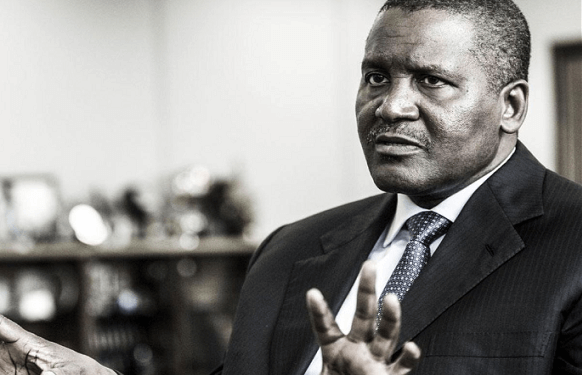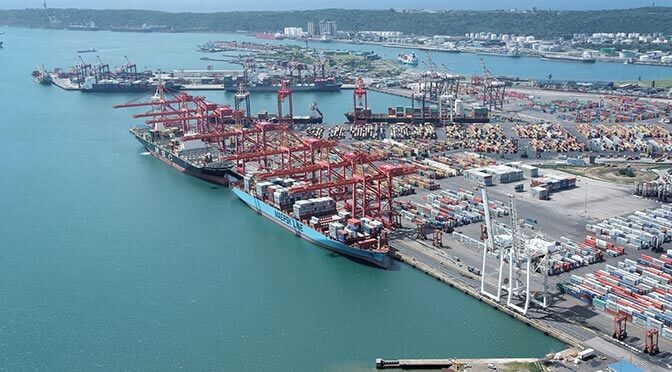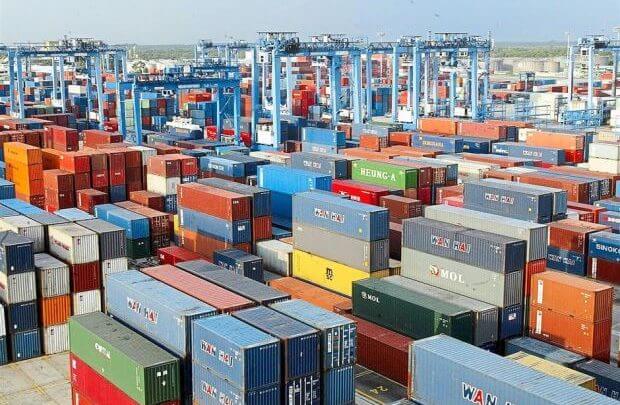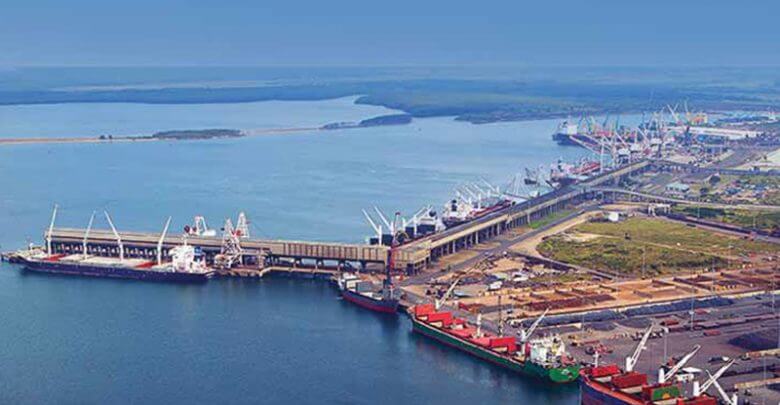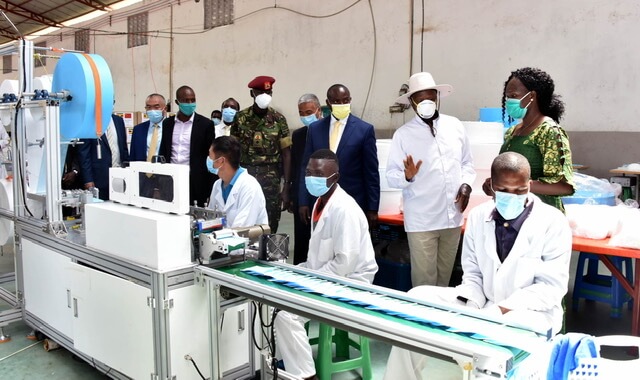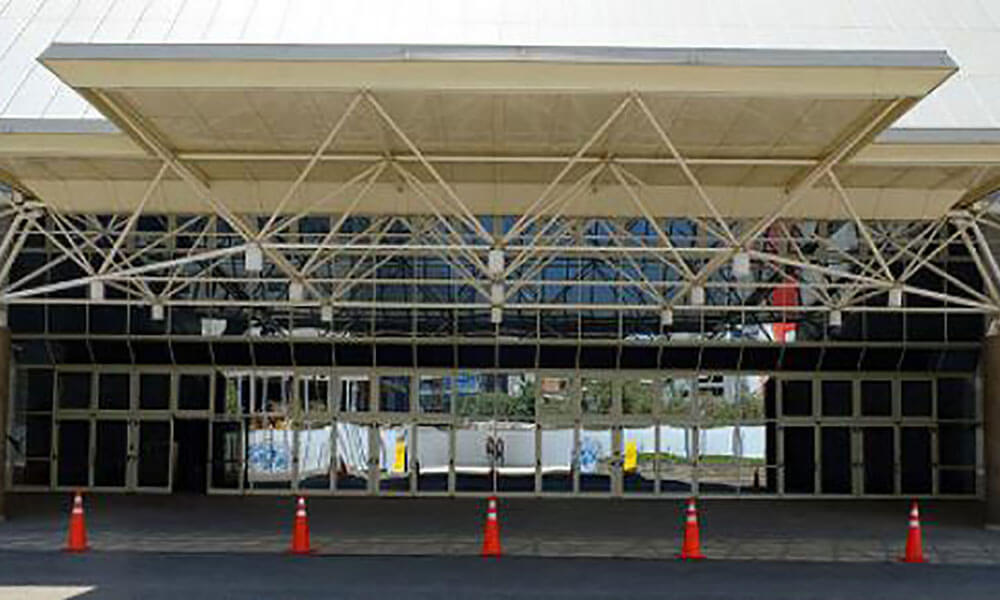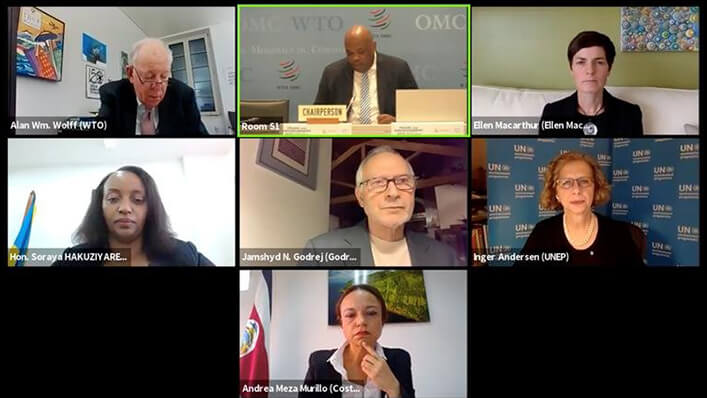Dangote Industries Limited has said its cement expansion plan and fertiliser investments are strategies to open new trade routes for Nigeria under the Africa Continental Free Trade Area (AfCFTA). President of Dangote Industries Limited, Alhaji Aliko Dangote, said this in a statement yesterday in Lagos. AfCFTA, which took off on January 1, aims at creating a single market for the movement of capital, goods, people and investments to further deepen the economic integration of the continent. According to him, the cement company with an installed capacity of 29.3Mta in Nigeria, is targeting an expanded entity in Cameroon. He also revealed that new plants would soon be ready for commissioning in Niger, Benin, Ghana, Cote D‘Ivoire and Togo. Dangote stressed the need for Africa to deliberately improve its per capital consumption of cement to aid infrastructure development by stimulating further demand and forcing down the cost of the commodity. He said the desire for Africa’s self-sufficiency in cement production informed the signing of a $4.34 billion contract with Sinoma International Engineering Company Limited, a Chinese construction giant. The contract, the business mogul said, was for the construction of 11 new cement plants in 10 African countries, and Nepal in Asia. Dangote said the report by the United Nations Conference on Trade and Development (UNCTAD) on the development of deficit infrastructure to ensure competitiveness in the AfCFTA had moved the company to leverage the deficit with its cement investment. “For Dangote Industries Limited, moving goods, like cement by road from Nigeria, where...
AfCFTA: Dangote to create new trade routes
Posted on: January 11, 2021
Posted on: January 11, 2021

